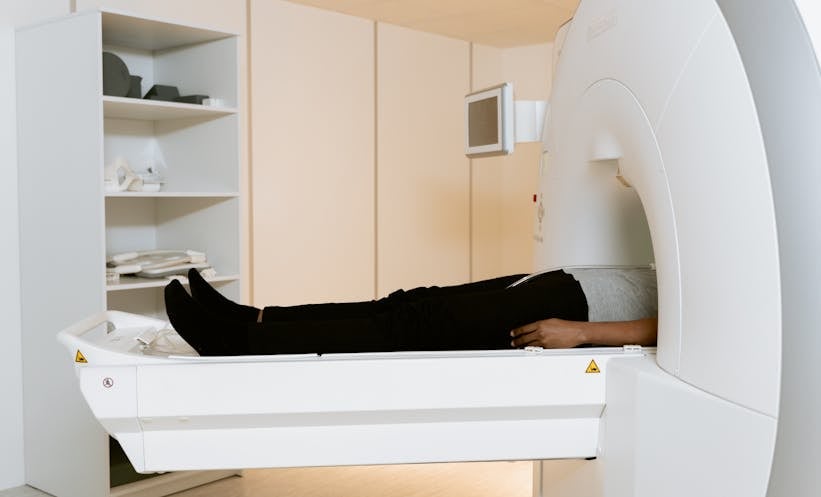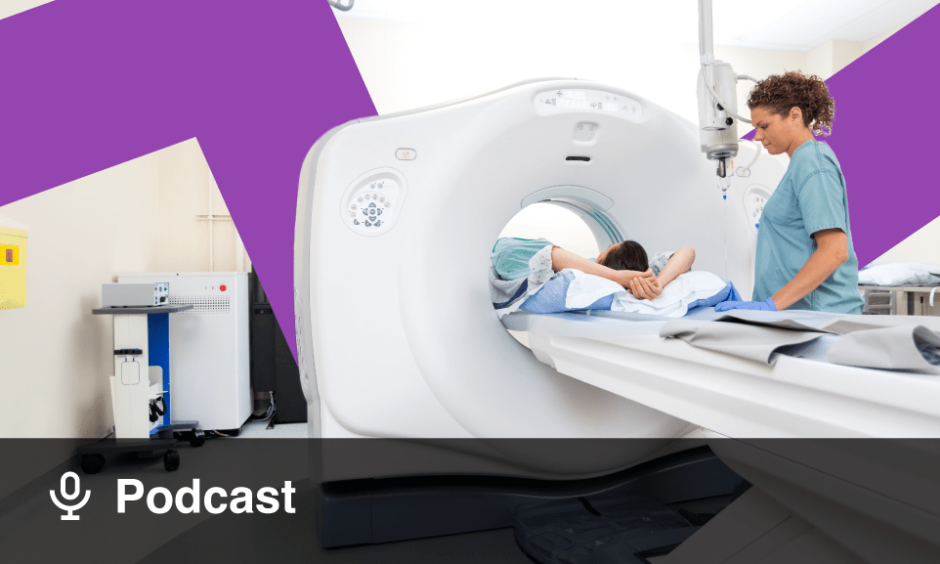WITH heart failure affecting an estimated 1 million patients annually in the USA, and 26 million worldwide, researchers at Johns Hopkins University, Baltimore, Maryland, USA, have investigated muscle loss as a risk factor.
Shadpour Demehri, co-lead study author, highlighted the need for a better understanding of heart failure risk factors, emphasising the underexplored association between thigh muscle measurements and heart failure. Recognising the routine imaging of pectoralis muscles in chest CT examinations, researchers saw an opportunity to enhance heart failure prediction without added cost, or radiation exposure.
Traditionally, CT-based muscle measurements faced limitations due to manual post-processing complexities. However, recent advances in deep learning algorithms allowed for fast and reliable muscle measurements.
The study employed a deep learning algorithm developed using data from the Multi-Ethnic Study of Atherosclerosis (MESA). The algorithm extracted pectoralis muscle and adipose area measurements from 3,031 CT examinations from 1,781 participants, using individualised thresholds for adipose segmentation. The study adjusted for demographic variables, clinical/laboratory data, and cardiac MRI information.
Despite the inability to establish causal inference, the observational study revealed associations between modifiable pectoralis measurements and incident heart failure. Hamza Ibad, co-lead author of the study, emphasised the term ‘modifiable’, stating that the model not only predicts incident heart failure, but also highlights a risk factor that can be addressed through nutrition and exercise, potentially preventing, or delaying, heart failure in at-risk populations.
An additional benefit lies in the algorithm’s ease of implementation, with hope that deep learning algorithms for automated muscle measurements in chest CT can become routine in clinical practice. The researchers have established a robust database on muscle quality, accessible from any conventional CT, creating a platform for future projects aimed at understanding and addressing heart failure risk factors.








